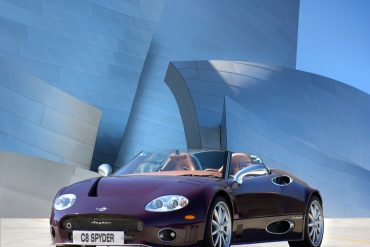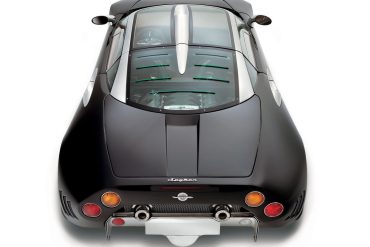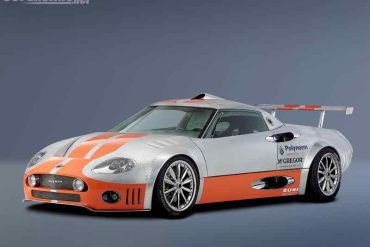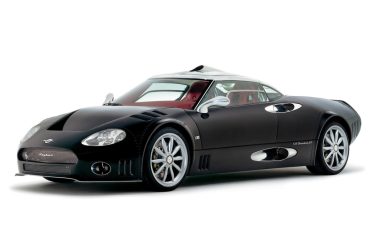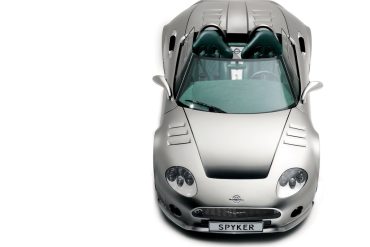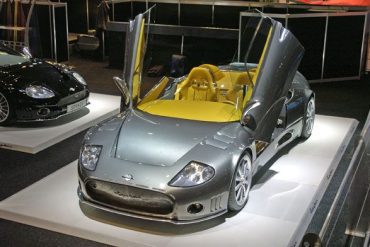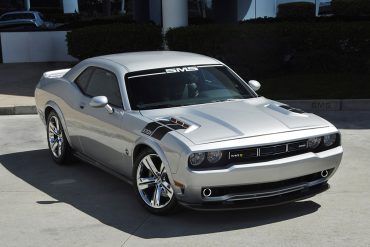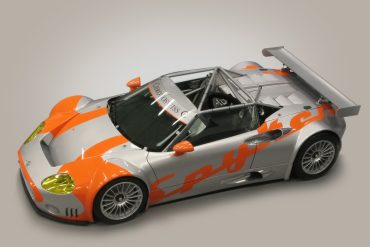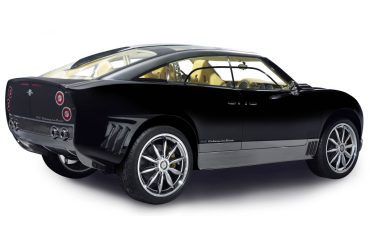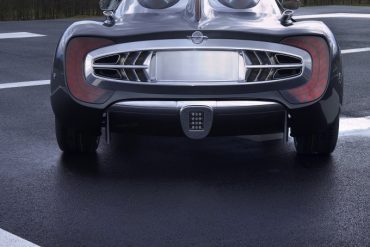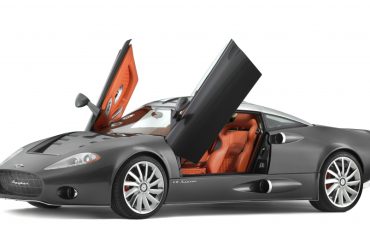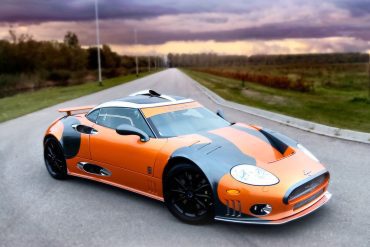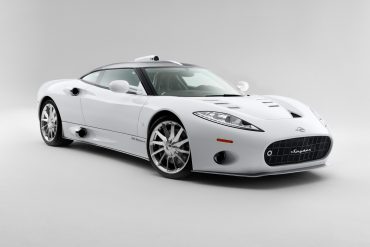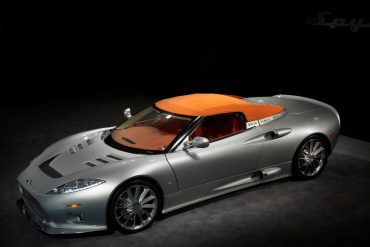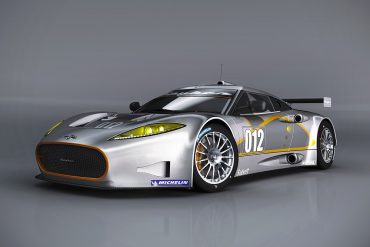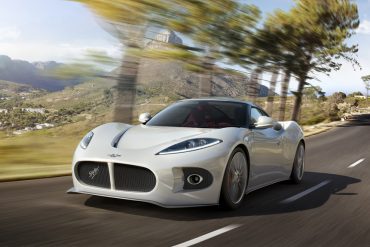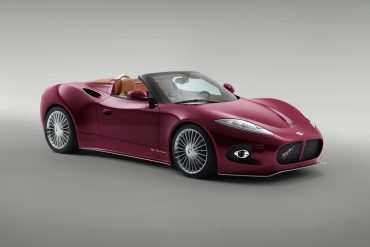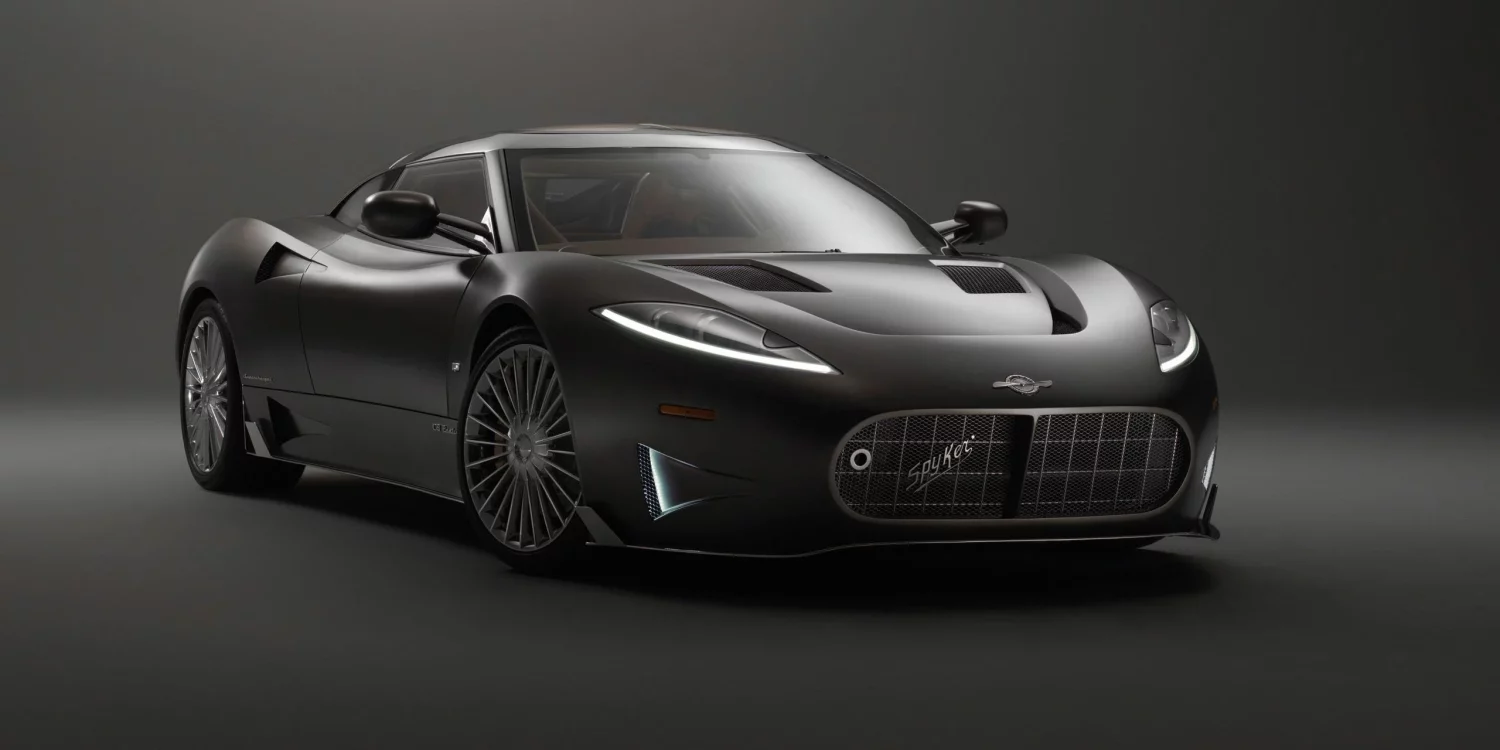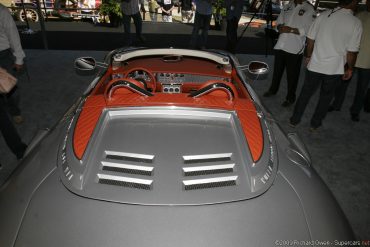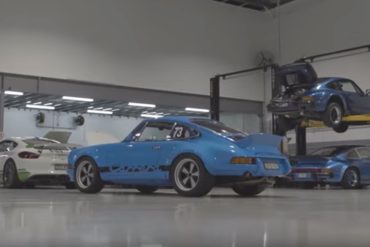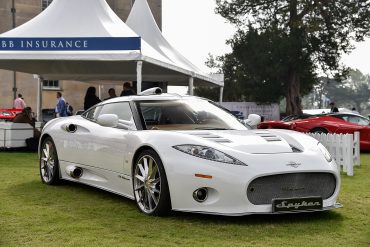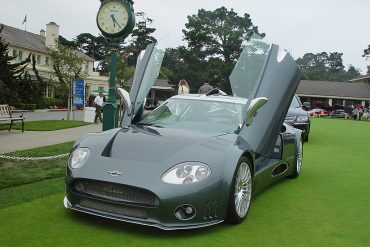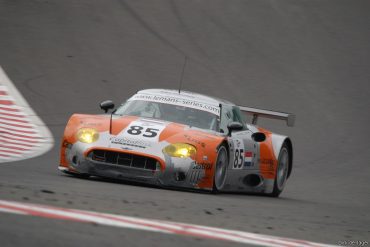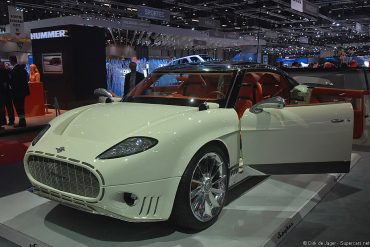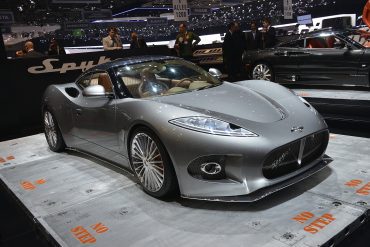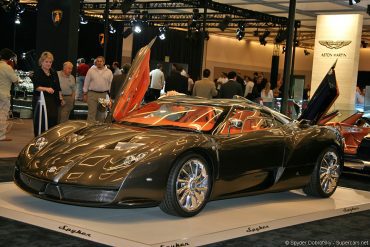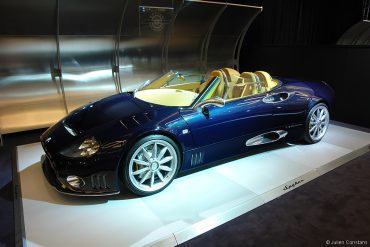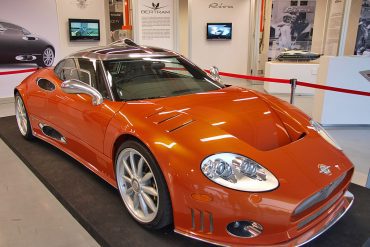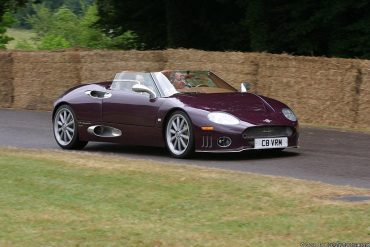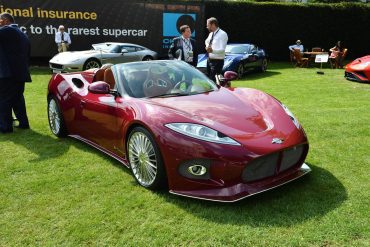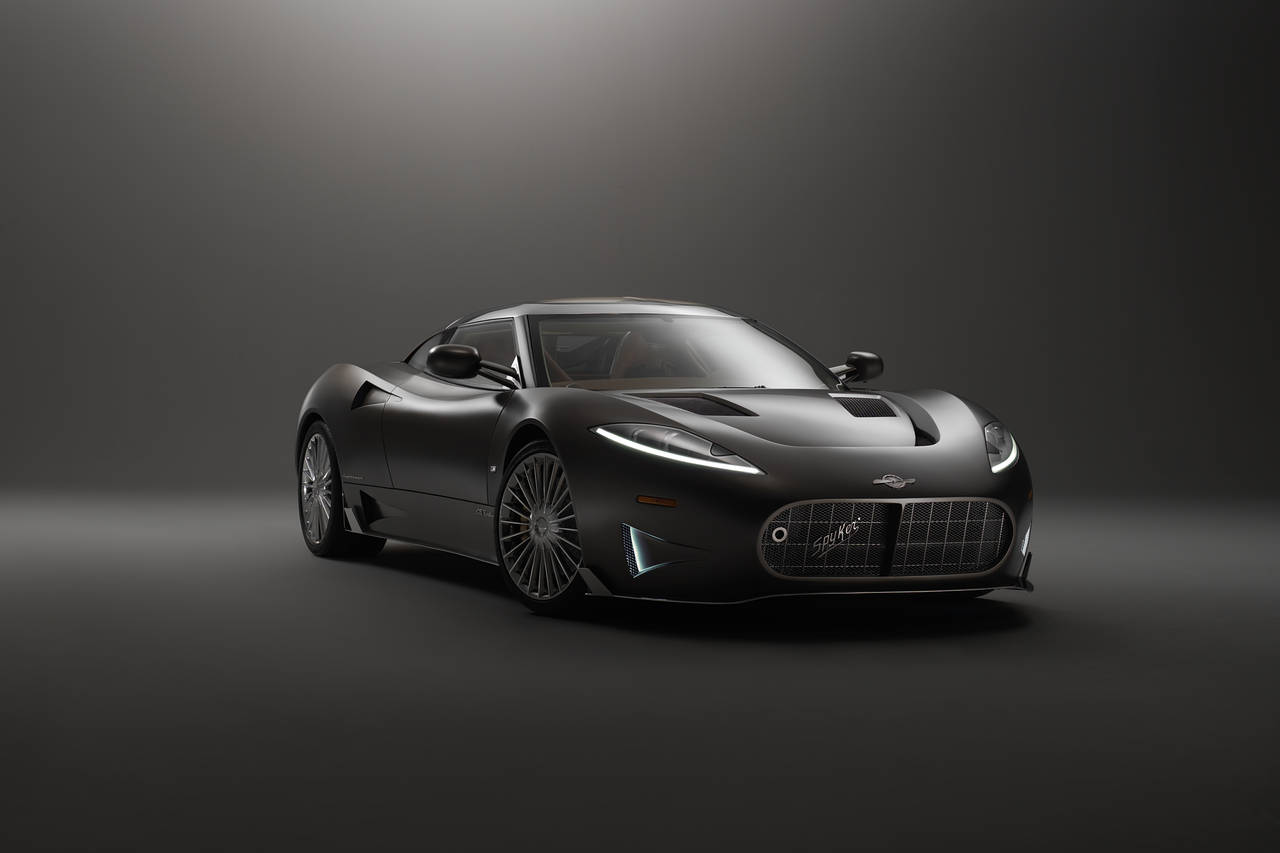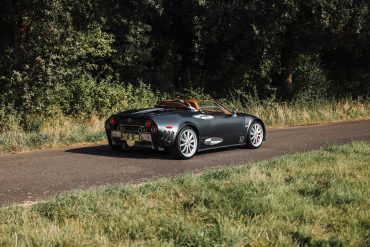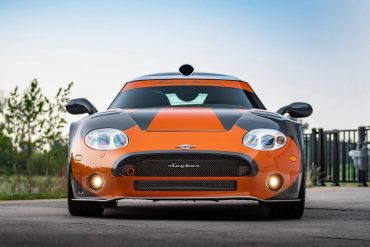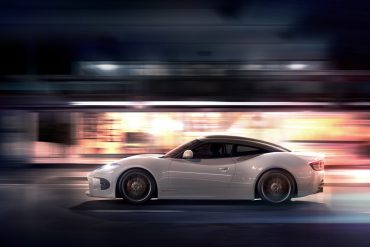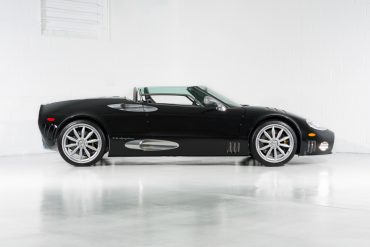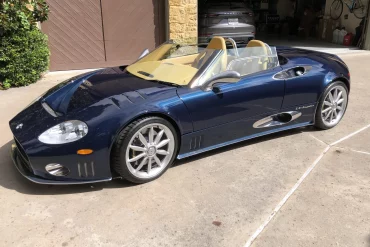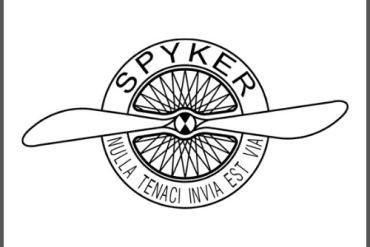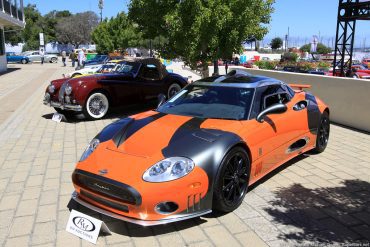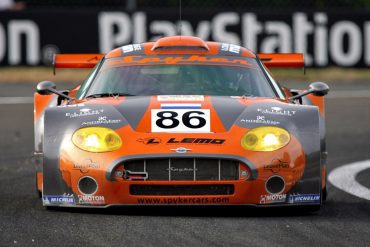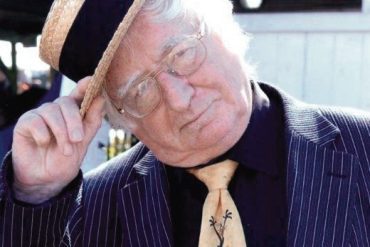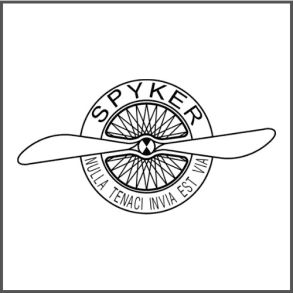
Spyker Cars
Research, Models, History, Reviews, Media & More
Model List & Guides / Performance Data / Images & Videos / News & Updates
Spyker Cars: Reviving Luxury and Craftsmanship in Modern Sports Cars
Spyker Cars is a Dutch luxury automobile manufacturer known for its handcrafted sports cars that blend high performance with unique design aesthetics. The modern iteration of Spyker, established in 1999, draws inspiration from the original Spyker company founded in 1880, which was renowned for building high-quality automobiles and aircraft. With a philosophy centered around "nulla tenaci invia est via" (for the tenacious, no road is impassable), Spyker Cars has carved a niche for itself in the competitive luxury sports car market, producing iconic models such as the C8, C12, and D12.
The Resurrection of Spyker
The modern incarnation of Spyker Cars was founded by Victor Muller, a Dutch entrepreneur with a passion for aviation and luxury automobiles. The revival aimed to continue the legacy of the original company, which ceased operations in 1926. Under Muller’s leadership, Spyker Cars focused on creating vehicles that combined the elegance of classic craftsmanship with cutting-edge automotive technology.
Distinctive Design and Craftsmanship
Spyker Cars are distinguished by their aviation-inspired designs, which pay homage to the company's roots in aircraft manufacturing. This inspiration is evident in various aspects of the cars, from the propeller logo to the intricate detailing in the interiors, reminiscent of aircraft cockpits. Key design elements include:
Aviation-Inspired Interiors: The interiors of Spyker cars are characterized by exposed gear linkages, turbine-style air vents, and quilted leather seats, all handcrafted to exude a sense of bespoke luxury.
Unique Exterior Styling: Spyker vehicles often feature aerodynamic bodywork, large wheel arches, and a low, sleek profile. The design is both functional and visually striking, enhancing performance while making a bold statement on the road.
Attention to Detail: Each Spyker car is built with meticulous attention to detail, using high-quality materials such as aluminum, leather, and stainless steel. The brand's commitment to craftsmanship is evident in the polished metal components, custom finishes, and hand-stitched upholstery.
Iconic Models: C8, C12, and D12
Spyker Cars' lineup includes several iconic models that have garnered attention for their performance and design. The C8, C12, and D12 represent the brand's commitment to excellence and innovation.
Spyker C8: The C8 series, including models like the C8 Laviolette and C8 Spyder, is perhaps the most well-known in Spyker's lineup. These cars are powered by Audi-sourced V8 engines and offer a blend of luxury and performance. The C8 features a lightweight aluminum chassis, mid-engine layout, and a distinctive design that includes the signature "aeroblade" wheels.
Spyker C12: The C12 La Turbie and C12 Zagato are among the most exclusive models produced by Spyker. The C12 series is powered by a W12 engine, providing a significant boost in power and performance compared to the C8. The C12 Zagato, in particular, is a collaborative effort with the Italian design house Zagato, known for its unique double-bubble roof and bespoke styling.
Spyker D12 Peking-to-Paris: The D12 Peking-to-Paris is a luxury SUV concept that showcases Spyker's ambition to expand beyond sports cars. Named after the legendary rally, the D12 features a striking design with gull-wing doors, a luxurious interior, and a powerful W12 engine. Although it remains a concept, the D12 reflects Spyker's innovative spirit and willingness to explore new automotive segments.
Performance and Engineering
Spyker Cars are not just about aesthetics; they are engineered to deliver exhilarating performance. The use of high-quality components, lightweight materials, and advanced aerodynamics ensures that Spyker vehicles offer a dynamic driving experience. The cars are equipped with powerful engines, precision-tuned suspensions, and advanced braking systems, providing a balance of speed, handling, and comfort.
Challenges and Resilience
The journey of modern Spyker Cars has not been without challenges. The company has faced financial difficulties, changes in ownership, and competition from more established luxury car brands. Despite these hurdles, Spyker has demonstrated resilience and a commitment to maintaining its identity as a manufacturer of exclusive, high-performance vehicles.
In recent years, Spyker has made several attempts to revive and expand its lineup, including plans to introduce new models and re-enter the market with updated versions of its iconic cars. These efforts underscore the brand's determination to overcome obstacles and continue its legacy of producing exceptional automobiles.
The Future of Spyker Cars
Looking ahead, Spyker Cars aims to navigate the evolving automotive landscape by embracing new technologies and exploring potential collaborations. The brand's focus remains on delivering unique, handcrafted vehicles that cater to a discerning clientele. While the market for luxury sports cars is highly competitive, Spyker's distinctive blend of design, craftsmanship, and performance offers a unique value proposition.
Spyker's future plans may include expanding its presence in emerging markets, exploring electric or hybrid powertrains, and leveraging its rich heritage to appeal to a new generation of automotive enthusiasts. The company’s commitment to innovation and excellence positions it well for the challenges and opportunities of the future.
Spyker Cars Company Basics
Founded: 1999
Founder: Maarten de Bruijn, Victor Muller
Headquarters: Zeewolde, Netherlands
Did You Know
Spyker Cars draws inspiration from its aviation heritage, evident in design elements like the propeller logo and aircraft-style interiors. The company's motto, "nulla tenaci invia est via," means "for the tenacious, no road is impassable," reflecting the pioneering spirit of aviation.
Each Spyker car is meticulously handcrafted, with an emphasis on quality materials and attention to detail. The interiors often feature quilted leather, polished aluminum, and exposed gear linkages, giving them a unique, luxurious feel.
The Spyker C12 Zagato was a special model developed in collaboration with the Italian design house Zagato. It features a unique double-bubble roof and a powerful W12 engine, making it one of the most distinctive and rare Spyker models.
Despite financial challenges and changes in ownership, Spyker has made multiple efforts to revive and continue producing cars. The brand remains committed to its unique identity and craftsmanship.


